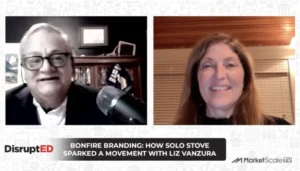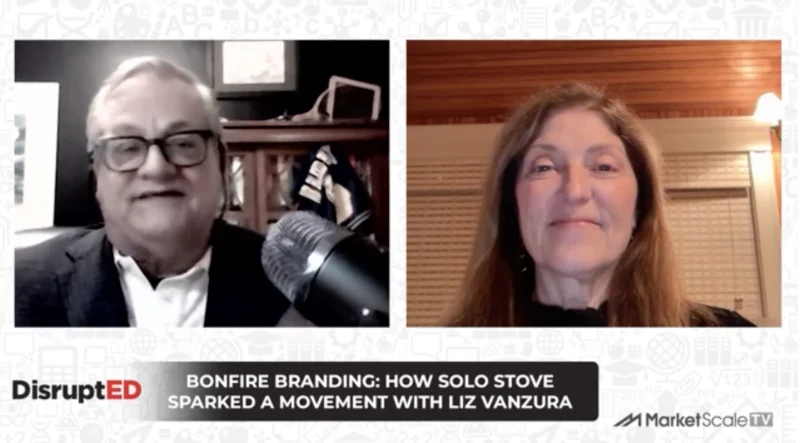Defining the Struggle for Education Digital Transformation
Educational organizations are struggling to adapt in-person curriculum to virtual learning. Since the pandemic hit the U.S. in early 2020, K12 and universities have shifted to online learning, but not all have been successful. EdTech expert and founder of Beyond Academics, Matt Alex shares his thoughts on the challenges and opportunities.
“Many factors are impacting the adaption. People thought things would go back to normal, so they didn’t change course. Educators weren’t used to this new ecosystem and were simply teaching the same way they had in class. Now, we’re starting to see some organizations think about how we engage better and drive better dialogue,” Alex said.
The transformation of teaching is a necessity in the 21st-century, online or not, which Alex sees as another hurdle. “We all learn differently, and there are five learning chemistries. Traditional models support few of these. Style of teaching needs to adapt to support all five,” he added.
During his time as a student technology and transformation consultant, Alex saw disparities years ago. He commented, “I recognized we were just repaving what was already there. Digitizing the back office wasn’t going to change much. Instead, we needed to reimagine the curriculum and ways of teaching using innovative technologies that are readily available.”
Alex believes the process should be evolutionary with incremental moves and shifts. “We need to think about online learning differently and segmenting courses not unlike how we watch Netflix,” he said.
Another issue to consider is accessibility. Alex offered these recommendations, “Going mobile-first with online learning expands accessibility because most people have at least this. Allocating funds to devices, which once paid for textbooks, and improving antiquated learning platforms are also ways to bridge the accessibility gap.”
Alex also mentioned that businesses can learn from the changing dynamic of learning with ideas on leveraging technology to improve employee learning and engagement.
Follow us on social media for the latest updates in B2B!
Twitter – @MarketScale
Facebook – facebook.com/marketscale
LinkedIn – linkedin.com/company/marketscale






